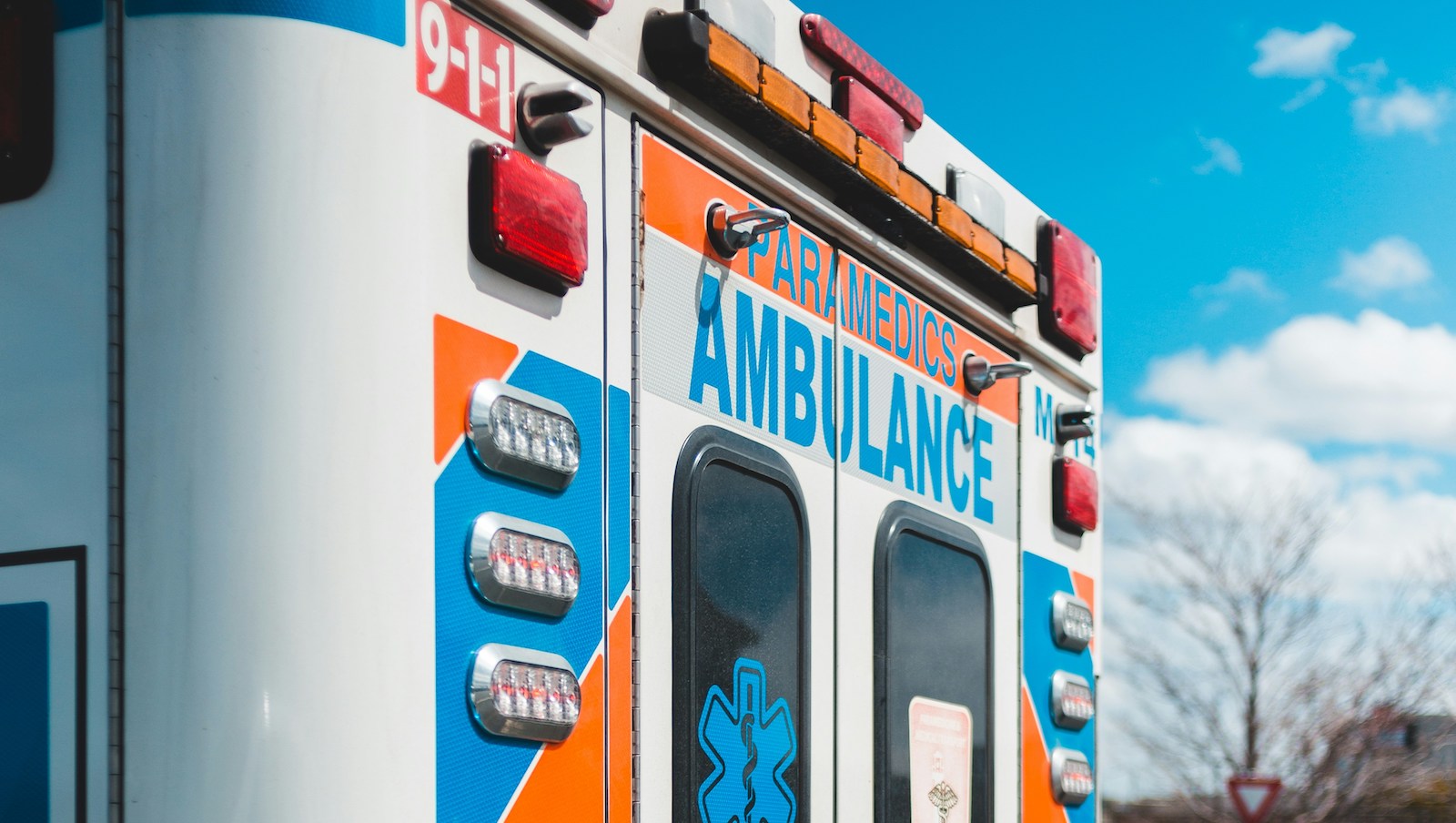Press Release: 9/6/2024
Advisory committee publishes report meant to help Congress solve ambulance surprise billing
SEPTEMBER 4, 2024
MEDIA CONTACTS
Senior Director, Health Care Campaigns, PIRG
Experts recommend stronger consumer protections, ban on balance billing

Photo by Erik Mclean | Unsplash.com
WASHINGTON – A long-anticipated report from the federally-appointed Ground Ambulance and Patient Billing Advisory Committee was published Wednesday and sent to Congressional leadership and senior officials at the Departments of Labor, Treasury and Health and Human Services. The committee finalized the report on March 29 but the government just published it.
The No Surprises Act, which took effect in 2022, has prevented medical providers from sending 1 million surprise bills to patients every month. However, the law exempted ground ambulances from its prohibition on balance billing. To determine how to proceed on this crucial component of medical care, Congress created the Advisory Committee and directed it to draft Congressional recommendations to address the problem of ambulance surprise bills.
“The report provides compelling reasons why Congress should ban ambulance surprise bills and offers smart, data-driven solutions to protect consumers,” said the Advisory Committee’s only consumer representative, U.S. PIRG Education Fund’s Senior Director of Health Care Campaigns Patricia Kelmar. “Patients need protection from overcharges by ambulances and underpayments by insurers. We pay a lot for our health insurance. Now, Congress must pass a law to protect patients from financial devastation when we need an ambulance for emergency care.”
The Advisory Committee began meeting in May 2023 and took its final votes on recommendations on November 1, 2023. The full report sent to Congress, with more than a dozen recommendations and additional findings, fulfills the committee’s mandate. But committee members, including Kelmar, will continue to advocate for Congress to act on those recommendations.
The primary recommendation is to protect patients from “ambulance surprise bills.” These balance bills charge the difference between what the ambulance invoices and what the insurer pays. One study shows that ambulances transport about 3 million privately insured patients every year and about 50% of the time, those ambulances are not part of the patient’s insurance network. Those patients are at risk of receiving a surprise bill. To avoid confusing patients, the report also recommends prohibiting ambulances from sending patients a bill until after they submit it through the patient’s insurance.
“In addition to the strong patient protections, we fought for recommendations that ensure our ambulances are paid a fair and reasonable rate,” said Kelmar. “We value the life-saving services of our emergency transportation professionals, but we also know that some ambulance rates are unjustifiable. If our insurers are forced to pay inflated rates, that will translate into higher premiums for all of us.”
The report recommends mandating that insurance companies pay ambulance rates based on rates set by local governments, such as cities and counties. Kelmar expressed concern that without guardrails and strong transparency of those community-set ambulance rates, there is a risk that local governments will inflate rates to plug budget holes.
“The report sets up a strong framework to solve the ambulance surprise billing problem that has been troubling patients for years,” said Kelmar. “We worked hard to give Congress a clear pathway to jump-start new patient protections before the end of the year.”